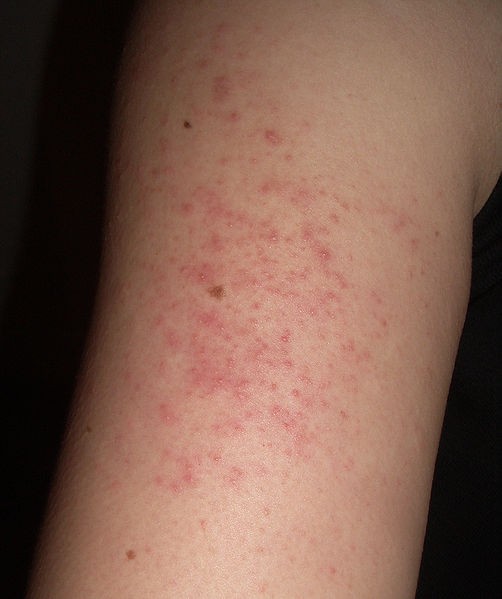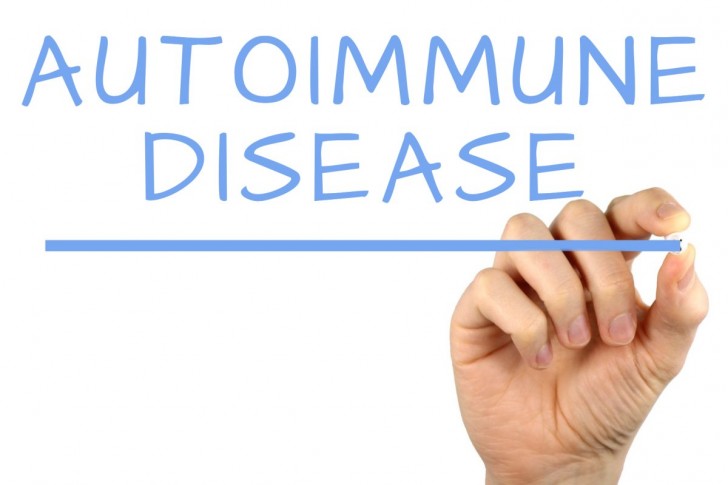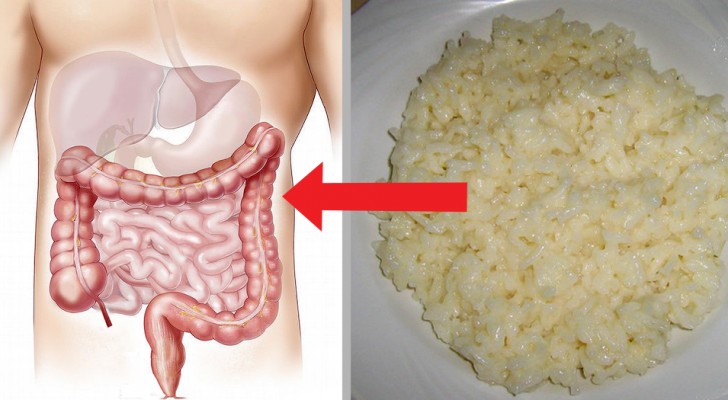Celiac disease (Gluten Intolerance) Symptoms and Side-Effects!

Among the disorders related to gluten, there is not only celiac disease. Although this disease has spread exponentially in recent years, there are along with it also other minor allergies and alimentary disturbances affecting more and more people.
The cause of this increment is certainly due to the increased refining of flour products, a process that has proved harmful to the human body and which has resulted in the onset of various alimentary disorders in individuals already predisposed.
Gluten intolerance does not manifest itself only through celiac disease but with many other minor symptoms that should be identified so as not to encourage a degeneration of your medical condition. Let's see what the alarm bells are that need to be followed up by a physician.
1. Digestive problems

Gluten intolerance is manifested through various digestive disorders including, the presence of gas, abdominal pain, cramping, bloating, diarrhea or constipation in children. You should also pay attention to any sensation of nausea during meals.
2. Keratosis pilaris

This alteration of the skin is manifested by small, hard bumps that may make your skin feel like sandpaper especially around the follicles of the hair on your legs, arms, thighs, and buttocks.
3. Difficulty concentrating and mental confusion

Difficulty concentrating and a low level of sustained attention after eating a meal containing gluten can be signs of intolerance. The reason why this state occurs is due to the fact that the energies of the body are all engaged in trying to eliminate an undesirable substance, which is gluten in this case.
4. Other diagnosed diseases

Celiac disease and other disorders related to gluten have more frequent onset in people who have already been diagnosed with an autoimmune disease. If you experience any of these symptoms, it is a good idea to investigate your state of health further with specific tests.
5. Neurological disorders

Disorders such as peripheral neuropathy (tingling in the limbs), epileptic phenomena, depression, and anxiety can be related to an intolerance to gluten, especially if accompanied by other symptoms listed in this article.
6. Infertility

When a person eats gluten knowing that they are intolerant, they put their body in an inflammatory condition that can impair their reproductive capability.
In most cases, from the moment they start a gluten-free diet, this restores the correct reproductive efficiency.
7. Migraine Headaches

If you start to suffer from migraines one of the causes may be the development of a form of gluten intolerance.
8. Chronic fatigue and fibromyalgia

Fibromyalgia is manifested by diffuse muscle pain, associated with a significant decrease of energy, insomnia, and anxiety and depression propensities. Identifying the causes of this condition is very difficult but it is often only due to what is being put in the stomach.
9. Joint pain

Joint pain and inflammation are common symptoms of gluten intolerance.
10. Mood swings

If gluten is ingested in the presence of a high intolerance, the individual is subject to sudden changes in mood.
If you are certain that you are suffering from one of these disorders, and you think you need a doctor, then do not hesitate to get the necessary and specific tests done immediately! Treating gluten intolerance means getting back to feeling good and in shape!





